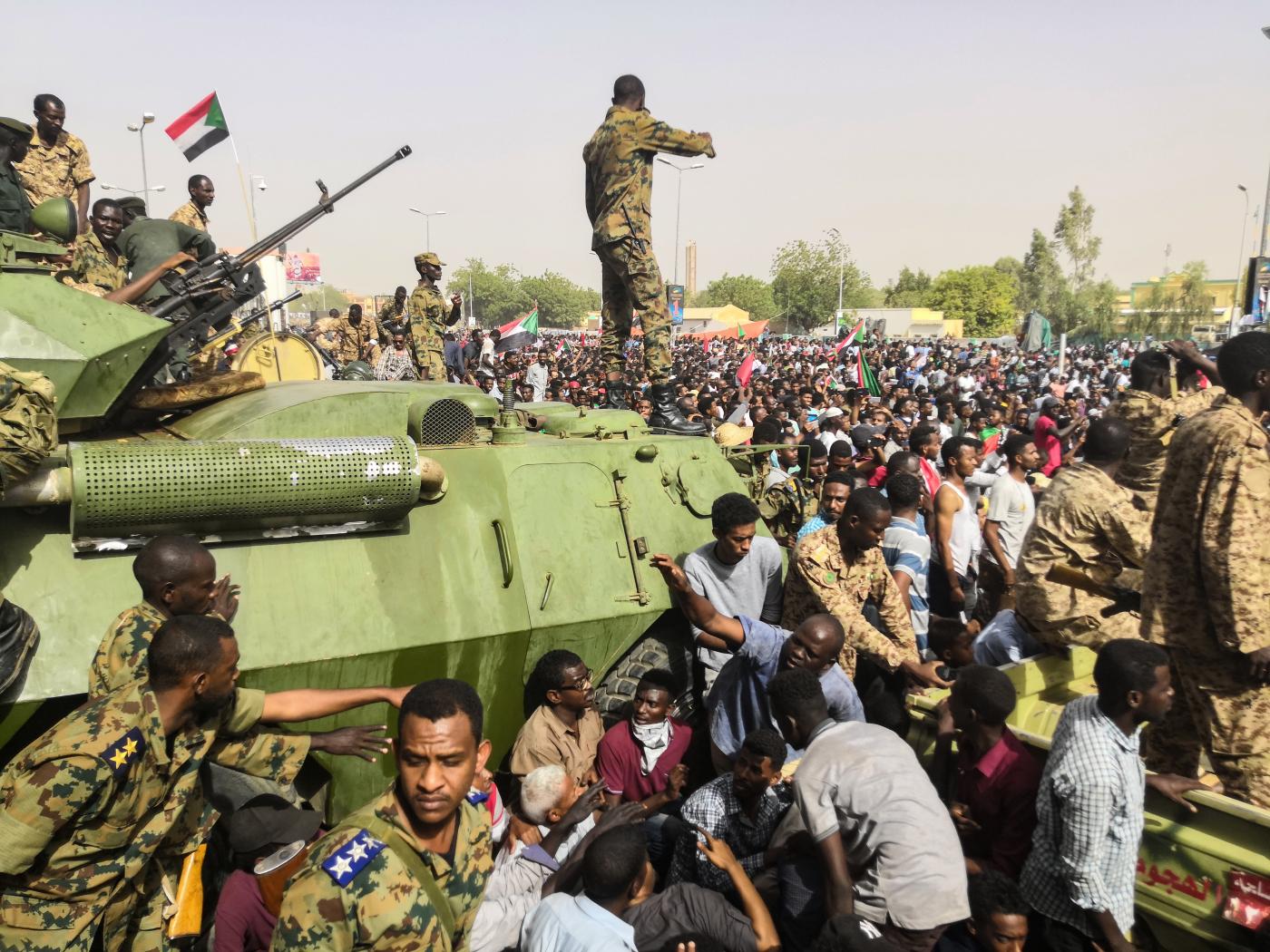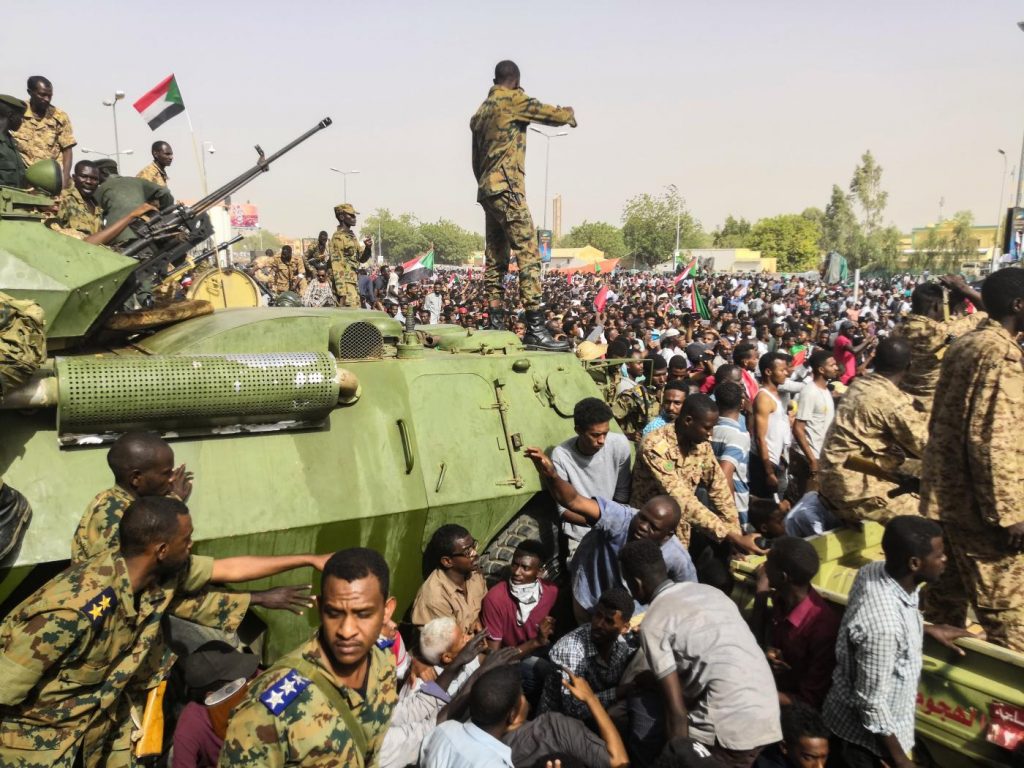On Sunday (19 December 2021), hundreds of thousands of protesters marched to the presidential palace in Sudan’s capital, Khartoum, against the October military takeover, resulting in the use of tear gas and stun grenades by security forces.
The wave of protests have continued recently despite the reinstatement of the country’s prime minister who had been on house arrest until November 21.
Protests have also happened in other Sudanese cities, including Port Sudan on the Red Sea coast and El-Deain in Darfur, to mark the third anniversary of popular uprisings that led to the removal of long standing president, Omar al-Bashir.
On Saturday (18 December 2021) night, Prime Minister Abdallah Hamdok warned that the political intransigence from both sides of the political spectrum threatened the country’s unity and stability.
In anticipation of the protests, security forces sealed off access to the airport and army headquarters, as well as bridges leading from Khartoum to cities such as Bahri and Omdurman, across the Nile.
Protesters have also reported the use of live ammunition, which forced them to retreat from the south gates of the presidential palace.
Despite this, protesters continued to march to the front gates, demanding civilian rule of Sudan. Others were also able to cross a bridge from Omdurman to the capital in spite of blockages by security forces. On the other side, they, too, were met with tear gas.
In protests since the coup, the Central Committee of Sudanese Doctors have reported the deaths of 45 people.
Since al-Bashir’s removal, Sudan has been under military and civilian rule, with many protesters decrying the way the revolution has been ongoing in the last two years. Many are demanding that the military return to the barracks.
Civilian parties and neighbourhood resistance committees have organised protests under the slogan of “no negotiation, no partnership, no legitimacy”.
The transitional governments that have held power for the last two years have had no will or interest to implement the demands of the people on the ground and instead have refused to repeal repressive laws and obstructions, including in the criminal justice system, meaning investigations into massacres have been blocked.
The plundering of the nation’s wealth and concessions to armed militias have left the working people of Sudan in a similar situation as they were before the revolution, and the reinstatement of Hamdok has merely stoked the flames, as protesters see it as a betrayal of his previous anti-military stances.
The people of Sudan are fed up with concessions to the capitalist classes, both international and at home. These protests are the culmination of years of repression and poverty and are a sign of the desire for social change to end the subjugation of the working class by their oppressors.
Georgina Andrews, is a member of the YCL’s Merseyside branch




